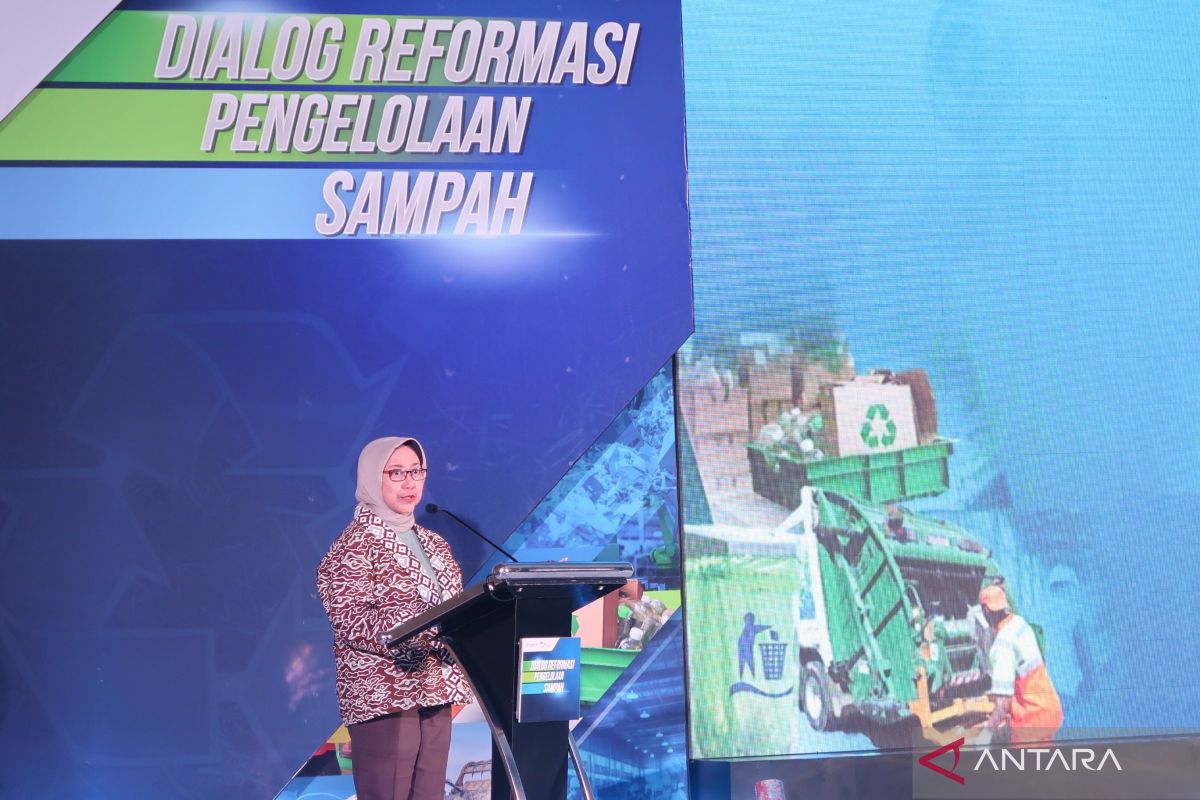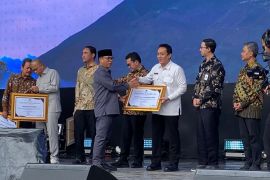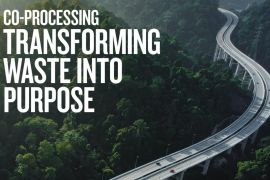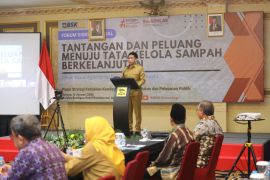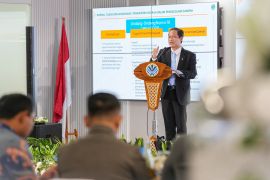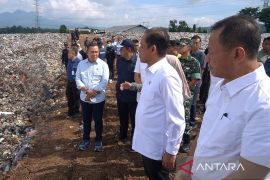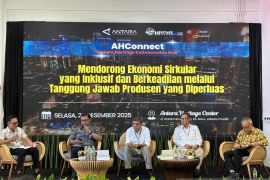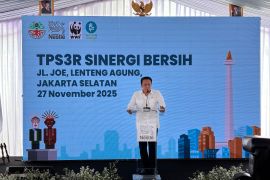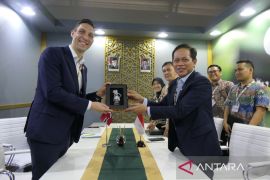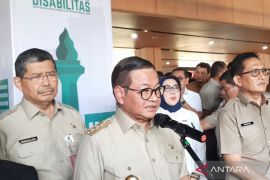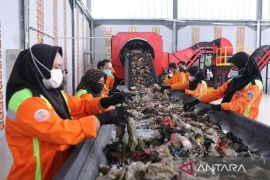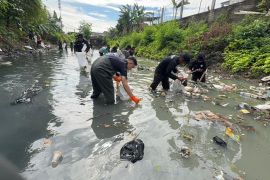Deputy for maritime affairs and natural resources at the ministry, Vivi Yulaswati, said here on Tuesday that research as well as sustainable and appropriate technology need to be developed to support waste management reforms.
"Currently, many companies have installed (technology to make) refuse-derived fuel (RDF) to process their waste," she pointed out.
Yulaswati said that one such company is cement and building material producer Siam Cement Group (SCG), which is applying RDF technology in Sukabumi, West Java, through its subsidiary PT Semen Jawa.
The technology to recycle waste into new energy is also helping process the waste produced by people residing around the factory.
Another technology that has proved effective in handling waste is the reverse vending machine (RVM), which allows people to exchange bottles for gifts, she said.
The Ministry of National Development Planning is collaborating with Danone to handle bottle waste. As part of the collaboration, RVMs have been installed at the ministry's offices.
"When we finish meetings, there are definitely various plastic bottles that could be recycled there to make it easier and shorten the time for taking the waste for further processing," Yulaswati said.
Earlier, the ministry, in cooperation with the government of Germany, donated a pyrolysis machine for waste processing to Belitung Island, Bangka Belitung Islands province, through German development agency GIZ.
The pyrolysis machine provided to the region, which has been established as a geopark, can process 10 kilograms of plastic into five liters of fuel.
"Through technology, we can expand various programs for waste management," she said.
Related news: Ministry supports private sector in processing plastic waste into fuel
Related news: President visits treatment site converting waste to coal in Cilacap
Related news: Jakarta handles highest-ever 130 tons of New Year's Eve waste
Translator: Sugiharto Purnama, Raka Adji
Editor: Azis Kurmala
Copyright © ANTARA 2024
